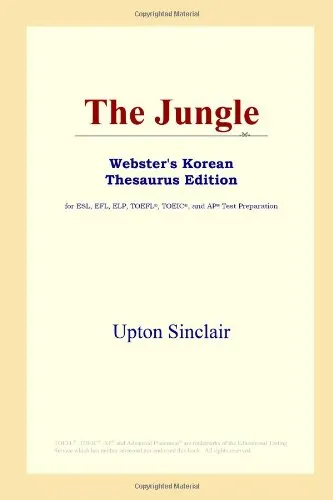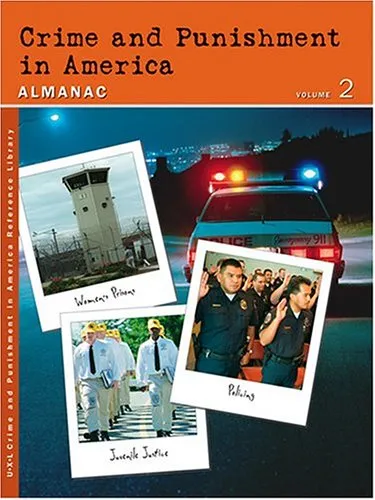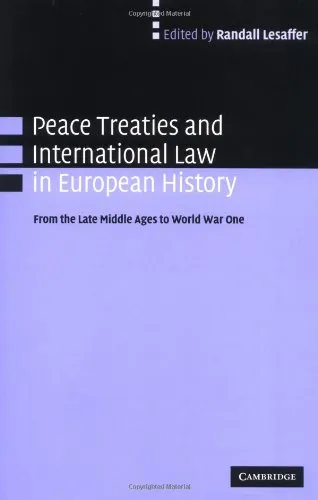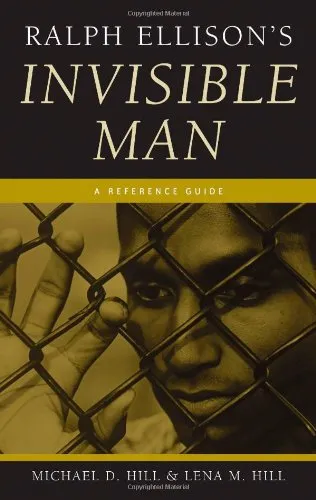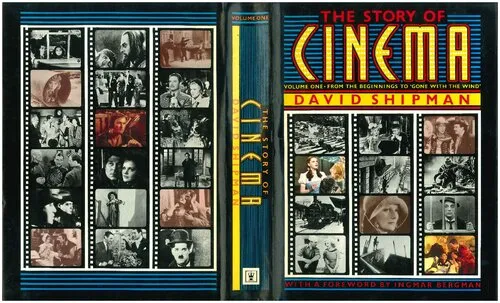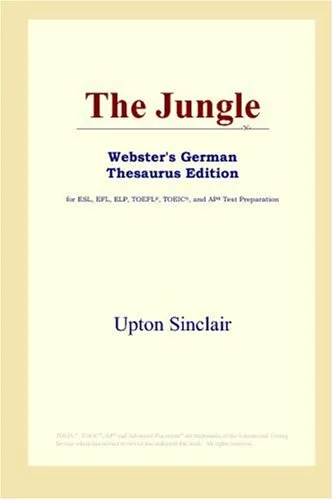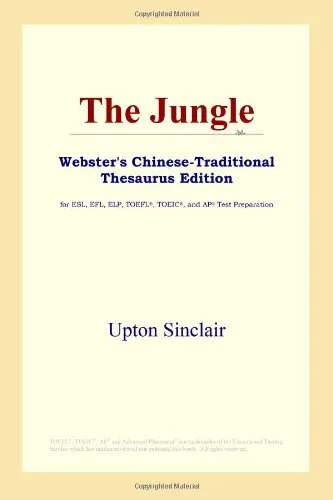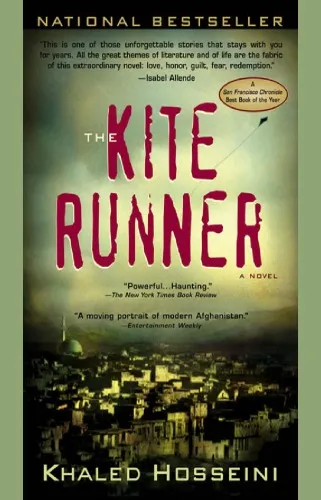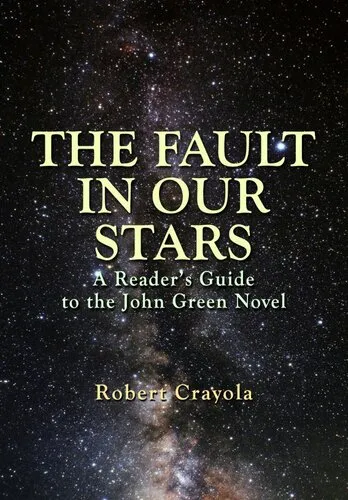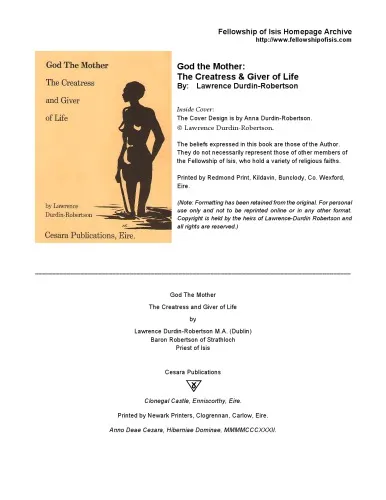The Jungle (Webster's Korean Thesaurus Edition)
4.0
Reviews from our users

You Can Ask your questions from this book's AI after Login
Each download or ask from book AI costs 2 points. To earn more free points, please visit the Points Guide Page and complete some valuable actions.Related Refrences:
Introduction to 'The Jungle (Webster's Korean Thesaurus Edition)'
'The Jungle' by Upton Sinclair is a seminal work of American literature, originally published in 1906. It provides a harrowing insight into the conditions of the meatpacking industry in Chicago and serves as an exposé of the plight of immigrant workers during the early 20th century. This unique edition, Webster's Korean Thesaurus Edition, offers an enriched reading experience for Korean audiences, combining the classic narrative with an expanded vocabulary to aid comprehension and learning.
Detailed Summary of the Book
'The Jungle' follows the story of Jurgis Rudkus, a Lithuanian immigrant who arrives in the United States with dreams of prosperity and success. Jurgis's journey into the heart of Chicago's meatpacking district quickly turns into a grim ordeal as he and his family are plunged into a world of poverty, exploitation, and despair.
The novel begins with the wedding celebration of Jurgis and Ona, setting a tone of hope and new beginnings. However, their life in the New World soon becomes a relentless struggle against oppressive labor conditions and rampant corruption. Jurgis works in various roles within the meatpacking industry, witnessing firsthand the unsanitary and inhumane practices that would shock the nation upon the novel's release.
Sinclair's narrative delves into the horrific details of worker exploitation, health violations, and the absence of workers' rights, painting a vivid picture of the harsh realities faced by immigrants. Throughout their journey, the Rudkus family suffers numerous tragedies, reflecting the broader societal issues of worker exploitation and the American Dream's unattainable promise.
Key Takeaways
- Social and Economic Injustice: The novel highlights the stark contrast between the rich and the poor and criticizes capitalism's failure to provide for the working class.
- Immigrant Experience: Jurgis's story serves as a microcosm of the broader immigrant experience in America, detailing the challenges faced by those seeking a better life.
- Public Health Concerns: Sinclair's graphic depiction of the meatpacking conditions led to public outcry and subsequent reforms in food safety regulations.
- Labor Rights Movement: The novel underscores the importance of organized labor and the push for workers' rights as a response to industrial exploitation.
Famous Quotes from the Book
"I aimed at the public's heart, and by accident, I hit it in the stomach."
"They use everything about the hog except the squeal."
Why This Book Matters
'The Jungle' is not only a literary classic but also a catalyst for social change and reform. Upton Sinclair's vivid narrative shone a light on the grim realities of urban industrial life, prompting a national dialogue about food safety, workers' rights, and consumer protections. The public reaction to the novel was instrumental in the passage of the Pure Food and Drug Act and the Meat Inspection Act in 1906, marking a pivotal shift in American regulatory policies.
Beyond its immediate impact, the novel continues to resonate with modern readers, offering a poignant critique of capitalism and serving as a reminder of the ongoing struggles for justice and equality in society. The combination of rich narrative and critical social commentary ensures that 'The Jungle' remains a relevant and powerful work that inspires advocacy and awareness.
Free Direct Download
You Can Download this book after Login
Accessing books through legal platforms and public libraries not only supports the rights of authors and publishers but also contributes to the sustainability of reading culture. Before downloading, please take a moment to consider these options.
Find this book on other platforms:
WorldCat helps you find books in libraries worldwide.
See ratings, reviews, and discussions on Goodreads.
Find and buy rare or used books on AbeBooks.
1466
بازدید4.0
امتیاز0
نظر98%
رضایتReviews:
4.0
Based on 0 users review
Questions & Answers
Ask questions about this book or help others by answering
No questions yet. Be the first to ask!
